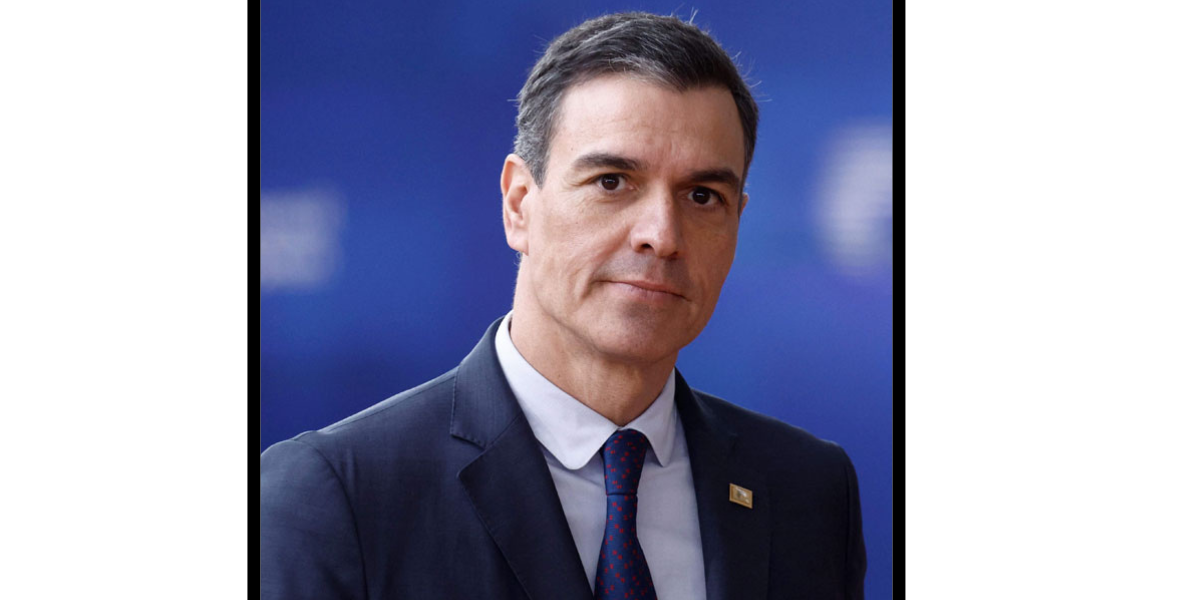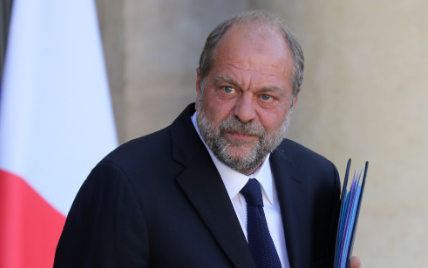Pedro Sánchez, the leader of the Spanish Socialist Workers’ Party (PSOE), has etched his name in history by orchestrating the downfall of Spain’s Prime Minister through a successful motion of no-confidence.
Background and Career Trajectory:
Born in 1972, Pedro Sánchez embarked on a journey that led him from academia to the pinnacle of Spanish politics. With a background in economics, he joined the PSOE in 1993 and later worked in various capacities, including as chief of staff for the UN high representative to Bosnia during the Kosovo War. After stints as a Madrid city councillor and an economic adviser, he entered parliament in 2013 and assumed leadership of the PSOE in 2014.

Despite facing internal challenges within the PSOE, including a brief resignation in 2016, Sánchez reasserted his leadership and emerged stronger. His resilience was evident when he defeated his main rival, Susana Díaz, to reclaim the party leadership. Sánchez’s political journey reflects his steadfast commitment to his party’s ideals and his ability to navigate turbulent waters.
Personal Life:
Beyond politics, Sánchez is known for his passion for basketball and his proficiency in languages. Fluent in English and French, he honed his linguistic skills during his time abroad. Married with two daughters, Sánchez balances his political career with his personal commitments, embodying a well-rounded approach to life.
Educational Attainment:
Sánchez’s academic journey underscores his intellectual prowess. He pursued studies in economic and business sciences at Complutense University in Madrid, later earning multiple master’s degrees, including one from the Free University of Brussels. His educational background provides him with a solid foundation for tackling complex economic and policy challenges.
Views on Catalonia:
Amidst Spain’s ongoing Catalonia crisis, Sánchez has advocated for dialogue and respect for Catalan sensibilities while upholding the rule of law. He recognizes the need to address Catalonia’s grievances through political means but remains steadfast in his opposition to unilateral declarations of independence. Sánchez’s approach reflects a commitment to preserving Spain’s unity while acknowledging the diverse cultural identities within the country.
Future Prospects:
As Spain’s new prime minister, Sánchez faces the formidable task of governing with a minority in parliament. While he aims to serve until the scheduled end of the parliamentary term in 2020, uncertainties loom regarding the longevity of his administration. Nevertheless, Sánchez’s leadership skills and strategic acumen position him as a dynamic figure in Spain’s political landscape, poised to navigate the country through turbulent times with resilience and resolve.





